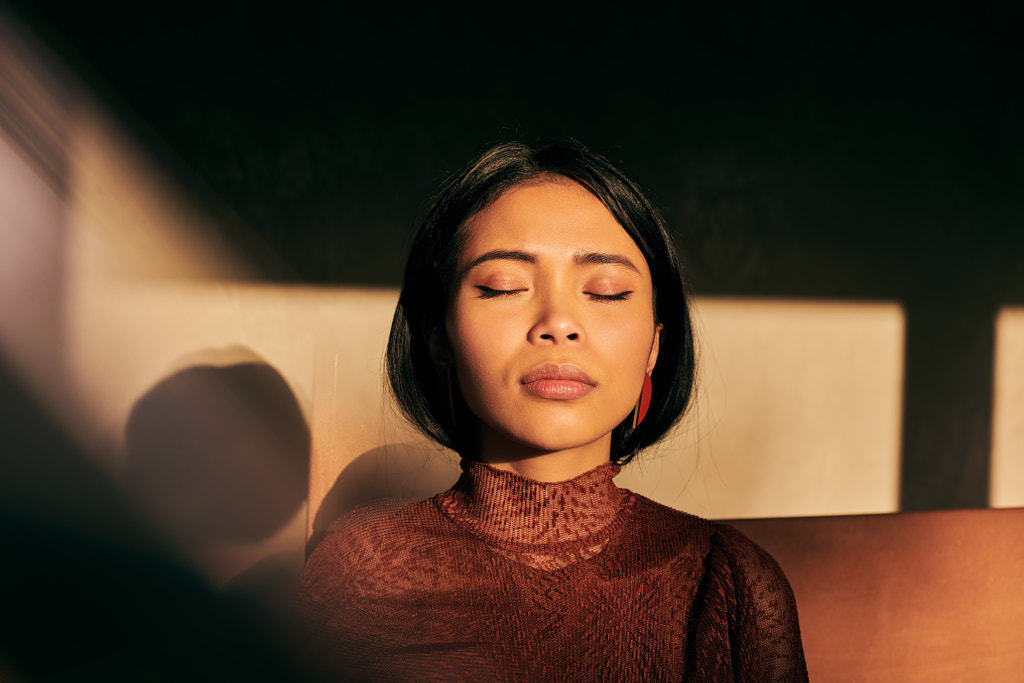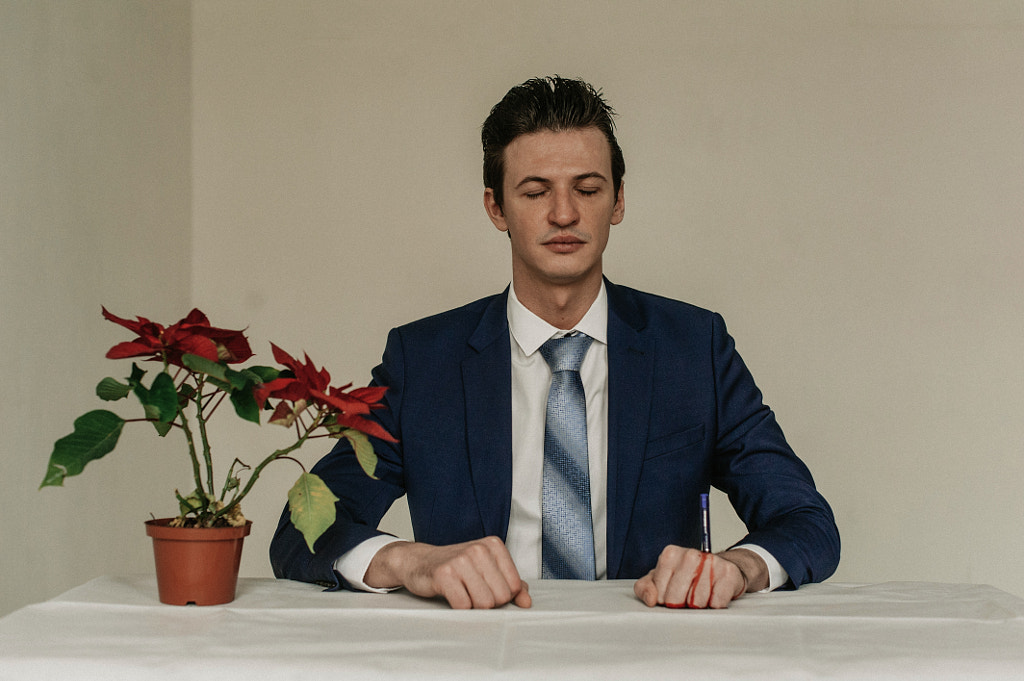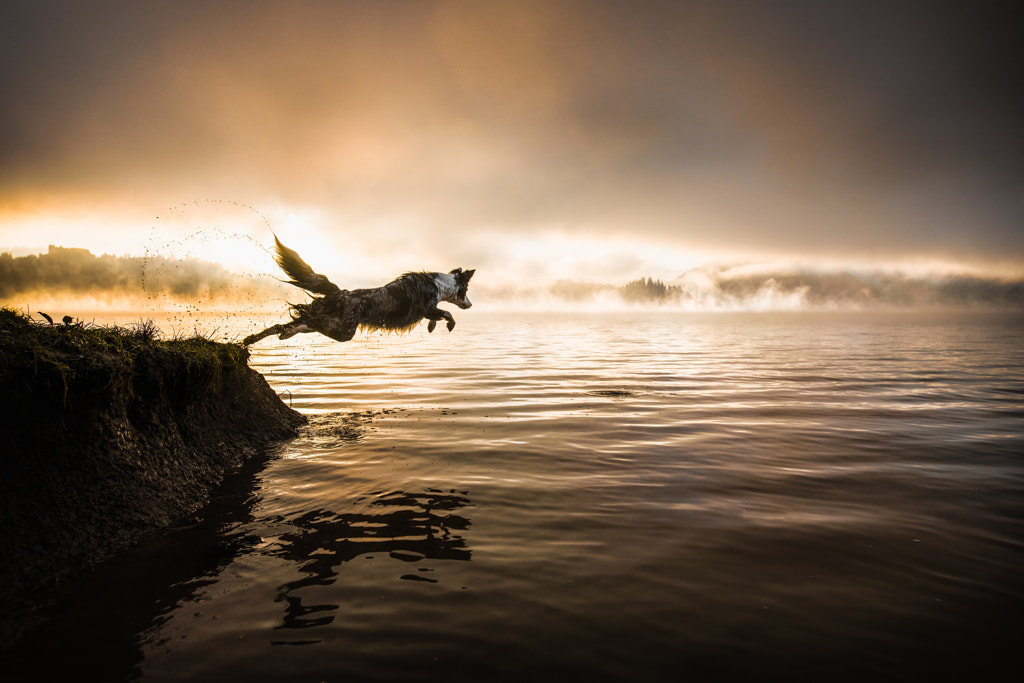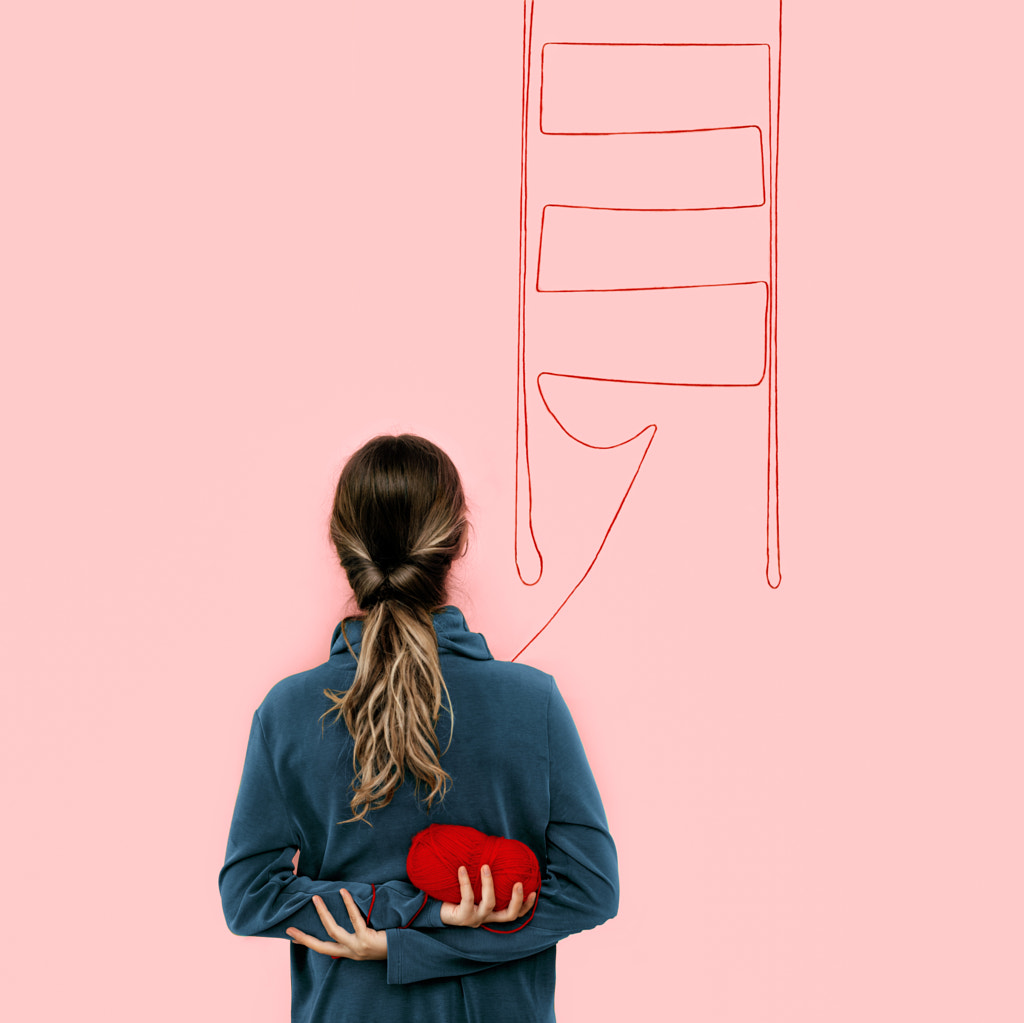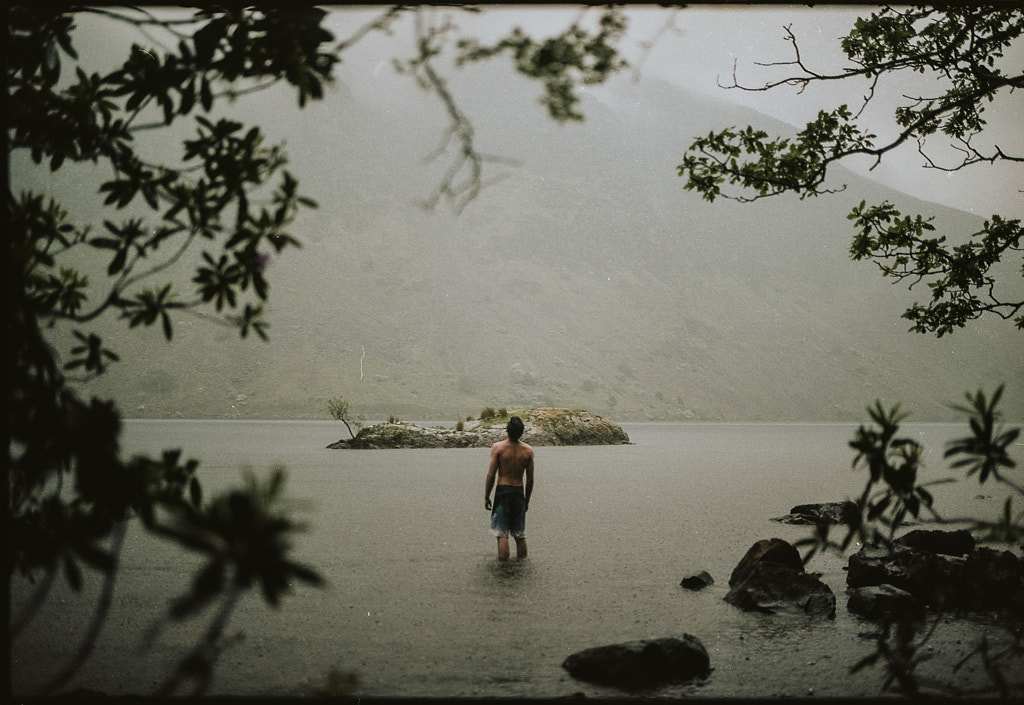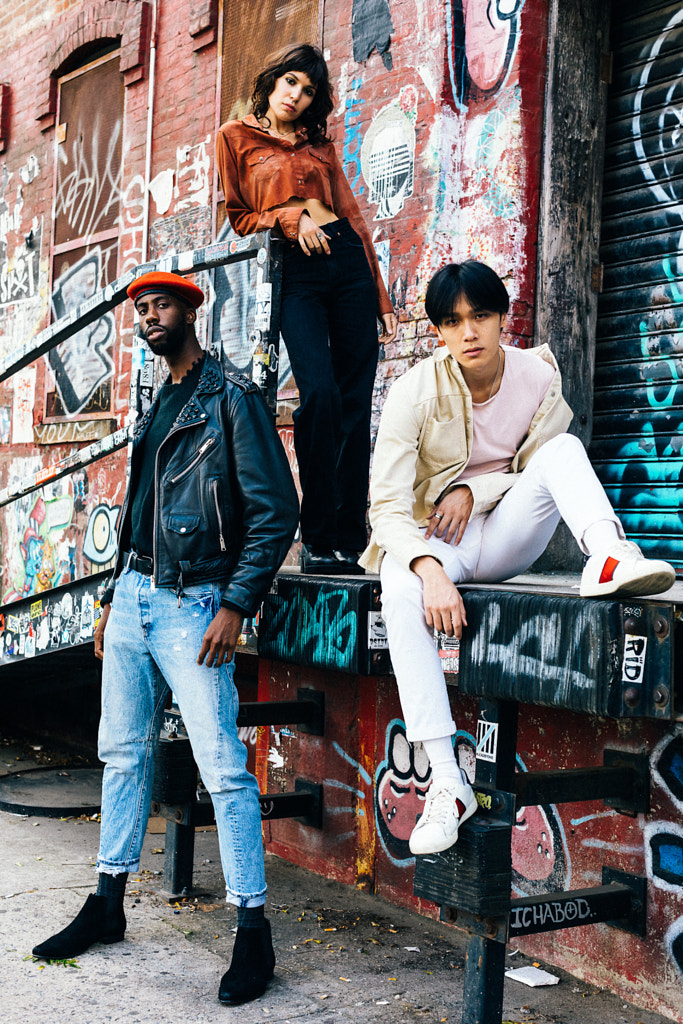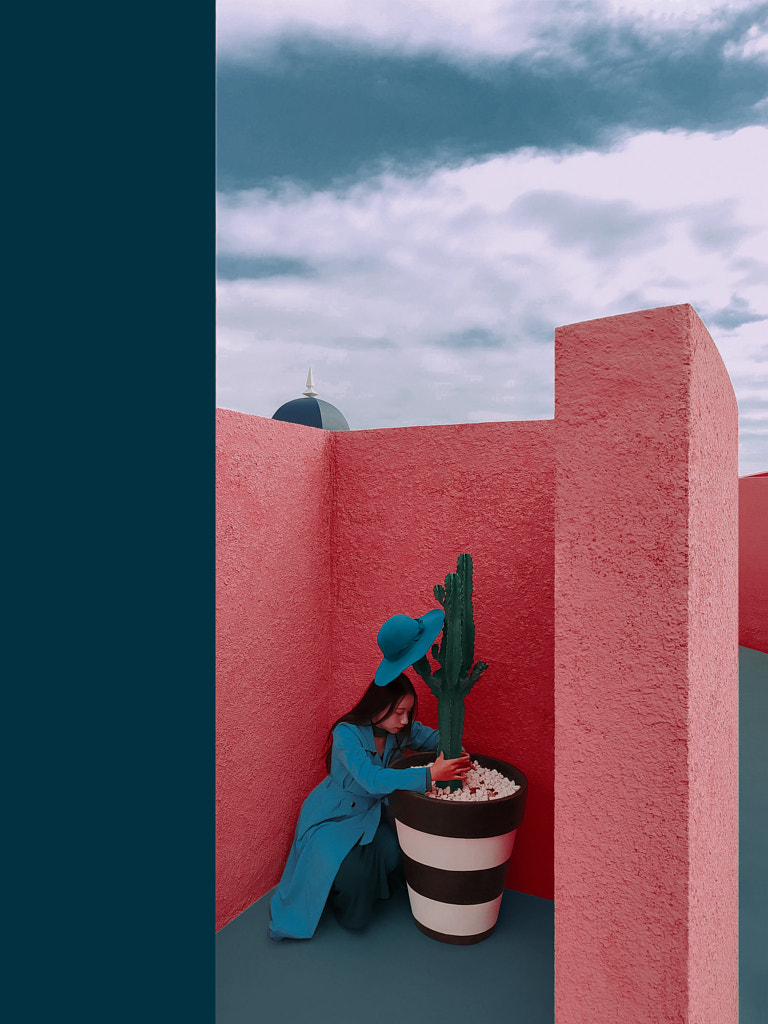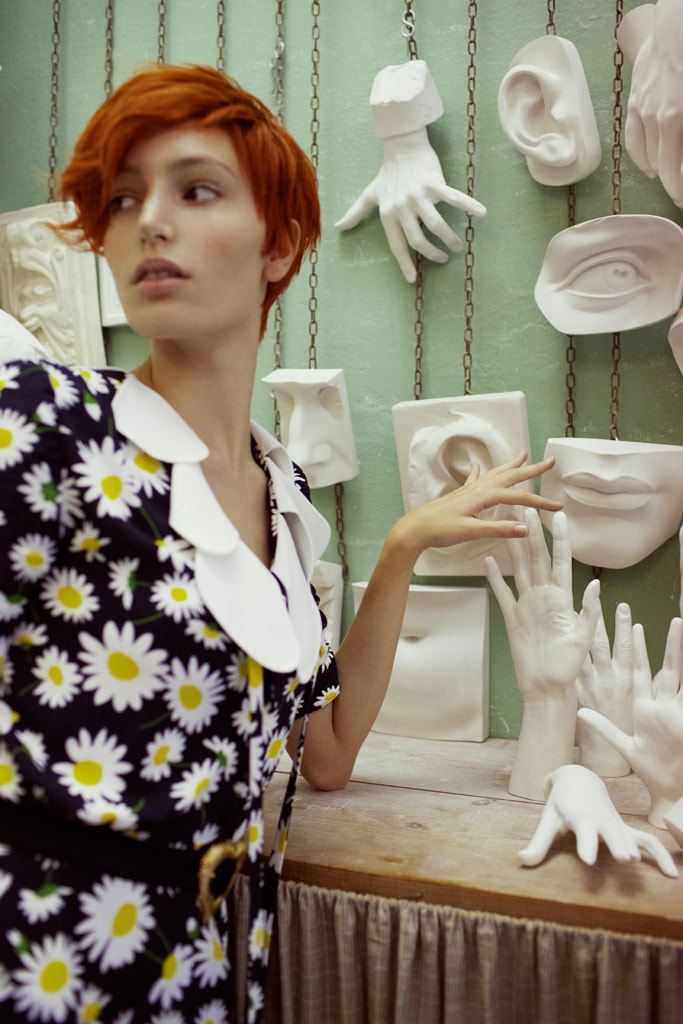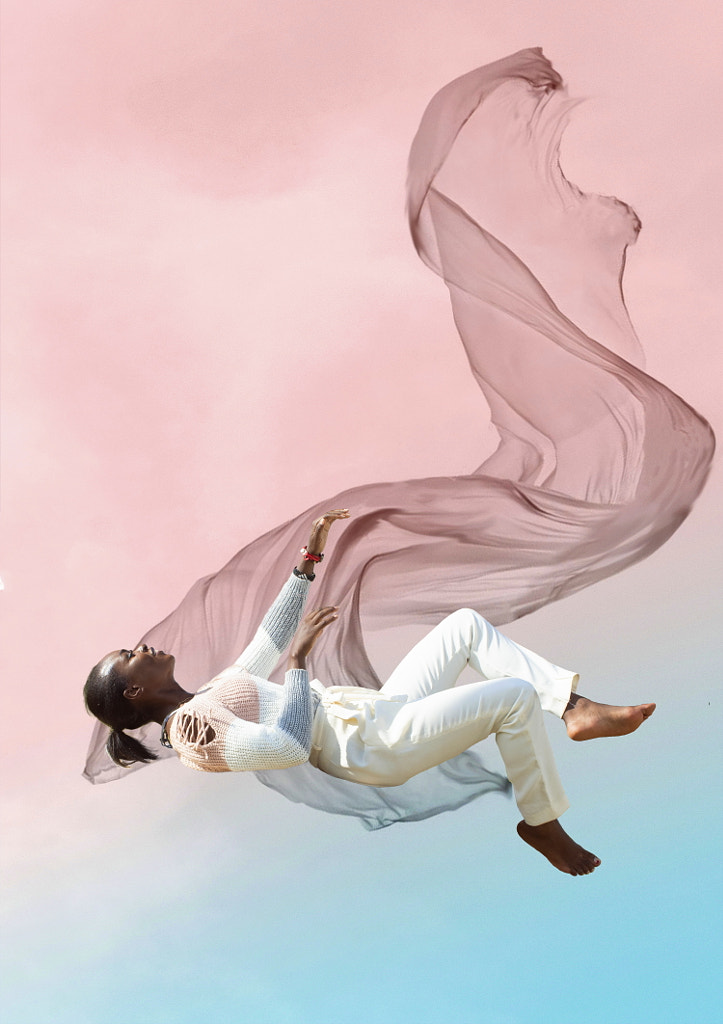According to a 2020 survey, 75% of workers have experienced burnout on the job, with 40% saying it’s a direct result of the COVID-19 pandemic. We’re living in an uncertain time, and between schedule changes, remote work, and longer hours, stress feels inevitable, even for people who love their jobs. For photographers, burnout can take the form of emotional exhaustion, or it can feel like hitting a wall or being held back by self-doubt.
In the last year, photographers have faced unprecedented challenges, from travel restrictions to exhibition cancellations, but at the same time, many have also found creative ways to nurture their mental health and keep that inspiration flowing. Some experimented with new techniques, and others discovered new methods of collaborating with models, from Zoom photoshoots to front porch portraits. Still more took time to rest and reflect while pivoting their businesses.
Taking care of yourself and managing your mental health are two of the best things you can do for your photography practice. Art and wellbeing are often inextricable. Not only can being creative help foster a sense of wellbeing, but higher wellbeing has also been associated with higher productivity. Here are our top tips for avoiding burnout and getting the most out of your workdays.
Take breaks
Research shows that downtime isn’t just good for our health; it also boosts productivity and focus. What’s more, time off can actually make you more creative. If you can, take a couple of days off work every once in a while to rest. Maybe you take a trip or plan a staycation; either way, give yourself time to recharge. It’s okay to leave your camera at home (or in the other room). Finally, let yourself daydream; allowing your mind to wander can help you be more creative.
Set boundaries
When your job is also your passion, the line between work and life can easily blur. Set a daily, weekly, and monthly schedule, and stick to it. Give yourself realistic deadlines and time limits to focus on specific tasks, and then commit to moving on and letting go of perfectionism. As they say, “don’t let the perfect be the enemy of the good.”
Remember to include days off and clear work hours, and schedule time off from client emails and social media. If you have to, turn your phone off or leave your computer in the studio overnight. Setting boundaries can also mean only saying “yes” to projects you’re passionate about and know you can tackle; avoid stacking your plate too full.
Create a morning ritual
Speaking of scheduling, it can help to start your days with a self-care routine to help you relax and focus. The famous photographer William Wegman, for example, made it a habit to take his dogs out every morning for a five-mile bike ride. He’d then take them on another ride in the afternoon.
Your morning ritual can be anything you want, from enjoying a cup of tea to meditating using a mindfulness app. Maybe it’s as simple as making a clear to-do list to refer to throughout the day. If you need some inspiration, check out Daily Routines by Mason Currey, a blog and book project about the daily rituals of artists, writers, and more.
Set smaller goals
If you’re feeling overwhelmed by major tasks, consider breaking them up into smaller, more manageable goals. This approach is backed by science, as research shows that setting and accomplishing tiny goals can boost our brain’s dopamine levels and make us more engaged and happier at work. Instead of setting yourself the job of finishing a large project, plan to shoot a photo every day for the next month, or set the goal of editing a small batch of photos.
Head outside
If you can’t make time for a whole trip, take breaks throughout your day. Whenever you feel stuck, consider heading to the park or garden and spending some time in nature, as even a 20-minute “nature break” three days a week can help reduce stress levels. You can even bring your camera and photograph some of what you find on your adventures.
Get social
Photography can be a solitary activity, but connecting with others can be motivating and energizing. Look for spaces and opportunities built by and for photographers, from in-person workshops like those offered on the 500px Resource Hub to online communities. Conferences like the ones offered by The Family Narrative and Click Away are also a great way to find like-minded photographers who share your passions.
Also, don’t be afraid to reach out to photographers you admire and let them know you love their work. Once you make a connection, keep in touch. Ask questions. Swap advice and behind-the-scenes stories over social media, or meet up for lunch and a photo walk. Maybe you even rent a space for a group exhibition.
The most important thing is finding people who will listen if you ask for help or support. These can be peers, colleagues, mentors, friends, family, mental health professionals, or some combination of the above. There’s no shame in being vulnerable and talking honestly about burnout; it’s something almost every artist and creative experiences at one time or another.
Avoid comparing yourself to others
Social media is great for finding inspiration and growing your business, but the downside is that it’s easy to measure your success against someone else’s. Drawing comparisons between yourself and others is part of being human, but be careful not to put yourself down or erode your self-esteem. Instead, use other people’s work as motivation; learn from their successes and their mistakes. Similarly, try comparing yourself to your past self, and notice how you’ve grown and improved.
Do something creative (even if it’s not photography)
Remember when we said creativity can make you happier? It doesn’t have to be what you do for a living. After all, Henri Cartier-Bresson, one of the greatest photographers of all time, famously took a break from the camera and found joy in drawing.
Trying something new—like drawing, painting, sculpting, writing, knitting, gardening, or cooking—can help alleviate some of the pressure you might feel to produce perfect work. You can also experiment with projects related to photography that are a little outside your comfort zone, like creating cyanotypes or photograms. Let yourself make mistakes along the way.
Take yourself on a date
If you’ve read The Artist’s Way by Julia Cameron, you’re familiar with the concept of the Artist Date, a once-weekly solo expedition to the location of your choice. Cameron calls it “assigned play,” and fun is a critical ingredient. Find something that’ll bring you joy and spark your imagination, and then make time for it. Maybe it’s a trip to the theater, or perhaps it’s a visit to your local antique camera shop or used bookstore.
Remind yourself of why you do what you do
A few years ago, Tim Herrera, an editor at The New York Times, asked the public about what they do to combat burnout. One person said that when she felt overwhelmed, she went back and re-read the cover letter she wrote when initially applying for her job. Photographers can do something similar by re-reading their artist statements or simply revisiting favorite projects from their archives. Remember what got you into photography in the first place; stay true to those reasons and values, and think about ways to re-introduce them into your everyday practice.
Not on 500px yet? Sign up here to explore more impactful photography.
The post 10 tips for avoiding creative burnout appeared first on 500px.
